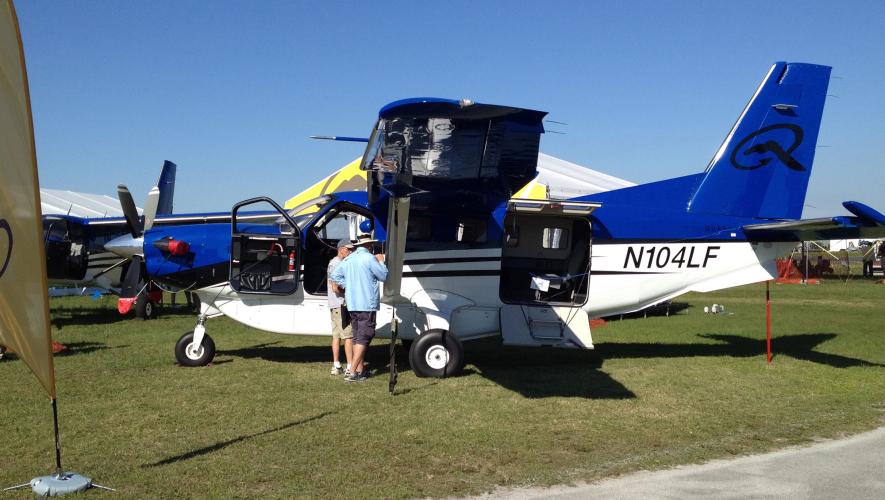The FAA isn't providing enough information to pilots about the potential impact of GPS interference testing events, according to a report published by the RTCA, which is a standards development organization focusing on communication, navigation, and surveillance/air traffic management issues.
For example, a GPS interference training flight advisory was recently released by the FAA for June 25 through July 4 in the Fort Polk, Louisiana, area. The advisory noted the training may result in an unreliable or unavailable GPS signal. The interference location, date, time, duration, and Notam information is included along with a map depicting the affected area. According to the RTCA, these types of tests and unique locations have been increasing in recent years, and operators flying in the NAS would like to better understand the operational impact of such interference. "The effects may include complete loss of GPS navigation, position errors, loss of ADS-B and/or impact to GPS-dependent systems such as TAWS, ELTs, etc.," the RTCA explained.
In a report published in March, the RTCA noted that the Department of Defense (DoD) is required to provide a reliable Global Positioning System for civilian use but also required by National Security Presidential Directive 39 to train and test U.S. military forces and national security capabilities in conditions that include the denial of GPS. The RTCA tactical operations committee studied the impact of the testing interference and developed recommendations related to this issue.
Advisories, such as the Fort Polk example, typically present a large geographical area where interference may be expected. The RTCA recommended that such information be consolidated and presented in graphical formats to provide pilots and controllers with “improved understanding of where to expect interference impacts based on different equipment capabilities.” The report also calls for the FAA to “confer with industry prior to decommissioning any secondary surveillance radar systems, ensure that VORs in the MON [minimum operational network] are in service, and alert pilots about impacts to ADS-B services.”
The RTCA suggested an improved process of education and guidance as “there is limited data today on the frequency of operational impacts of interference, and pilots and controllers should be educated and encouraged to centrally report impacts in the operation.”
While the RTCA report focused on the DoD’s intentional and planned interference testing events, non-DoD sources such as illegal GPS jammers, solar weather, spoofing, and unlicensed GPS repeaters were also mentioned as points of consideration.







